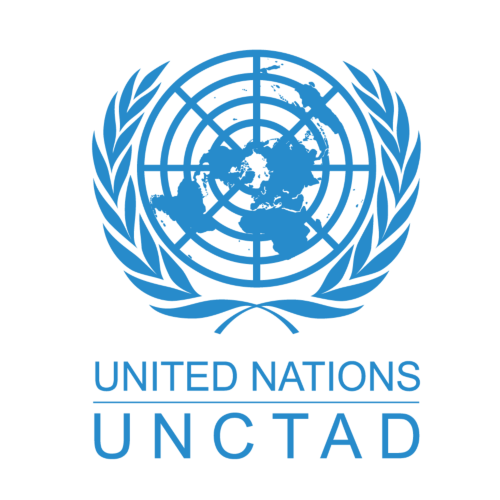United Nations Conference on Trade and Development (UNCTAD) in its latest report has revealed that each year, about 50 million Small and Medium scale Enterprises (SMEs) suffer from about $416 billion unmet financing needs in Nigeria and other African nations.
In its report titled, “Economic Development in Africa Report 2022,” UNCTAD noted that Nigeria stood in for about 38 per cent of the financing needs of micro, small and medium-sized enterprises in Africa.
UNCTAD called for de-risking finance for small and medium-sized businesses, which would result in lower interest rates and easier availability to loans.
It was said that there is an untapped outsourcing market with significant potential for the participation of successful SMEs in these and other countries in the region, noting that Nigeria and some other nations like Egypt, Ethiopia, Kenya, Rwanda, and South Africa are already exploiting this market.
The report recommended capitalizing on market opportunities by developing a strong Information and Communication Technology (ICT) skills base. It also stated that having access to the right ICT infrastructure and a supportive regulatory environment would encourage fair competition between huge companies and SMEs.
It stated: “There are about 50 million formal micro, small, and medium-sized enterprises in Africa with an unmet financing need of $416 billion every year. Nigeria represents about 38 per cent of the financing needs of micro, small and medium-sized enterprises in Africa.
“In Niger, formal micro, small and medium-sized enterprises, of which there are relatively few (about 8,000 firms), are highly credit constrained, with a financing gap equivalent to 44 per cent of the country’s GDP.
“The credit constraints faced by many micro, small and medium-sized enterprises can affect their sales, profit growth and exports,” it stated.
It stated that several strategies may be used, depending on the expenses involved, to increase SMEs’ participation in this prospective new market (ICT). At the micro level, it was noted that SMEs might be hired directly by international and domestic outsourcing companies or via networks that link freelancers and micro-SMEs with potential customers.
The high costs of trading in services as well as protectionist laws and regulations have been cited by UNCTAD as direct obstacles to trade in services in Africa.
The report lists a number of indirect impediments, such as inadequate infrastructure and equipment, a lack of digitization and technology, difficult access to financial services, reliance on fuel and mining-related commodities, a lack of regional integration, and a lack of a competitive environment.
It however noted that the major barrier to trade in services is cost. “While the cost of exports in services is expected to be lower than the cost of exports in goods because services do not need to be stored, in practice, the opposite is true. The cost of services in exports is higher than the cost of exports in goods, while access to low-cost, high-quality services remains a major challenge,” it stated.










